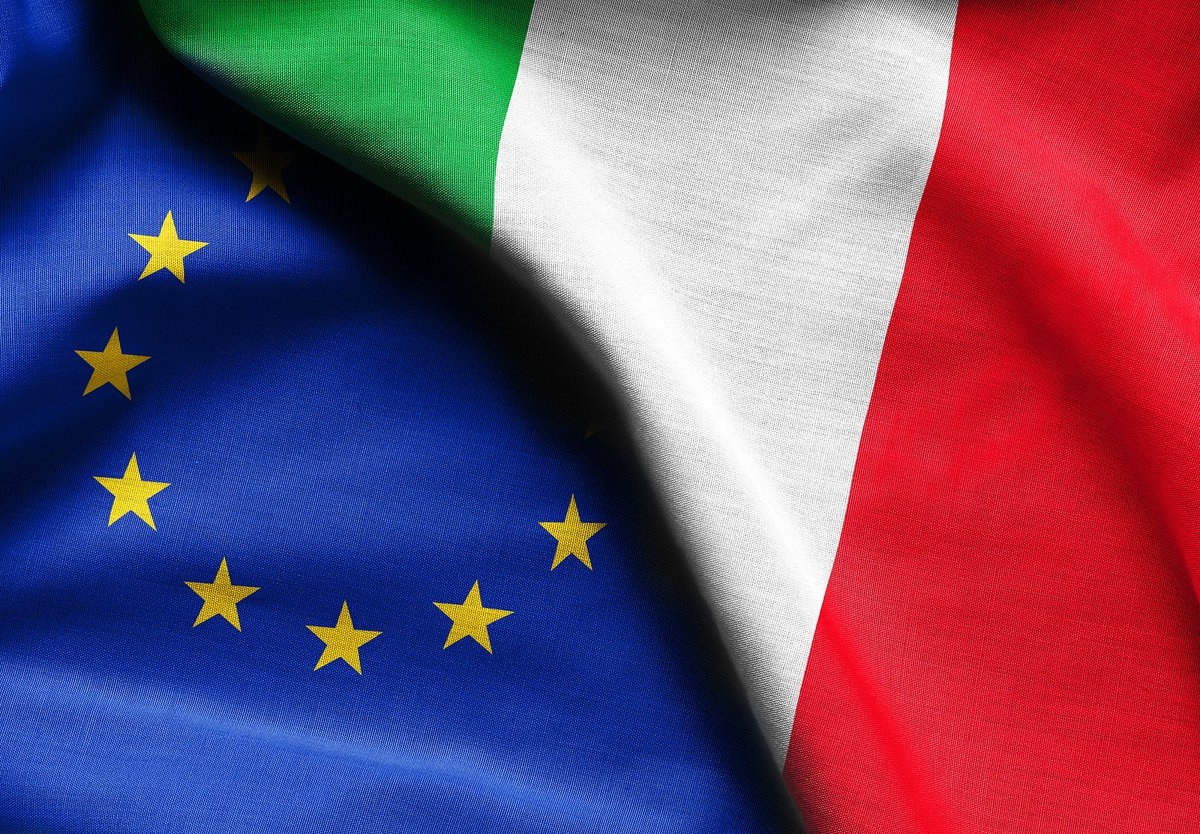Processing documents at the Italian consulate
In the process of certifying the correctness of translations at the General Consulate of Italy, the question frequently arises – “Should the translation be attached to a copy of the document that the consulate will be certifying or the original document?” In the first case, the consulate charges 10 euros per page of the copy and 13 euros per page of translation. In the second case, it charges 13 euros per each translated page it certifies.
To arrive at the consular fee amount, we will highlight four types of documents:
- Documents issued by Civil Registration Office authorities;
- Education documents;
- Documents certified by a notary, and court documents;
- Police records from police authorities.
It is presumed that documents of categories 1 and 2 are among those that the filer must retain for safe keeping “for life”. This refers primarily to certificates from Civil Registration Office authorities. Translation of such documents almost always goes along with a copy attached.
Exception: if the certificates are being prepared to obtain citizenship in Italy and the formalization of the so-called Trascrizione (entry of a record into the Italian registers regarding a change in the filer’s civil status outside of Italy). In this case, the original is included along with the translation. Meanwhile, concerning statements (not certificates) from Civil Registration Office authorities, there is another rule in effect – the translation must have the original document attached to it, since these types of statements, as a rule, are valid only for a limited time period.
The following civil status acts are subject to the TRASCRIZIONE procedure:
Birth
Required documents:
- original apostilled birth certificate of the child;
- translation of the birth certificate into Italian completed by an accredited translator featuring their seal and signature;
- filled out form for the Trascrizione of the birth certificate;
- copies of the child’s parents’ passports (Italian citizen passport and international Russian citizen passport).
An interesting note is that in the case that a Trascrizione is processed for the birth certificate of a child who was born out of wedlock, the consulate requires that the filers request the Trascrizione on their own (in all other cases, we can submit and file the documents on the filer’s behalf).
In the case of a Trascrizione of the birth certificate of such a child, an apostilled certificate establishing fatherhood will be necessary along with a translation completed by an accredited translator. The consent of the parent who is a citizen of the Russian Federation will also be necessary for a child to receive an Italian passport. We are always happy to help get your document apostilled for you and translate your certificates from Russian into Italian.
Registration of Marriage
Required documents:
- original apostilled marriage certificate;
- translation of the certificate into Italian completed by an accredited translator with the translator’s seal and signature placed on the translation;
- filled out form for a Trascrizione of the marriage certificate;
- copies of the passports of the people who were married (Italian citizen passport and foreign Russian citizen passport).
In this case, we can help you at every step of the way: from receiving the apostille on the certificate to processing the Trascrizione.
Termination of Marriage
Required documents:
- the original apostille court ruling in the case that the marriage was terminated by way of a court ruling or the original apostilled marriage registration certificate in the event that the marriage was terminated at a Civil Registration Office authority;
- translation of the ruling and divorce certificate or only the divorce certificate into Italian, completed by an accredited translator with their seal and translation placed on it;
- filled out form for the Trascrizione of a divorce certificate;
- copies of the passports of the persons who terminated the marriage (Italian citizen passport or foreign Russian citizen passport).
According to the Consulate's requirements, filers must request a Trascrizione of the divorce certificate on their own. In that respect, we can still help with obtaining the apostille on the resolution, the certificate, and the translation of these documents from Russian into Italian.
Death
Necessary documents:
- the original apostilled death certificate;
- translation of the certificate into Italian completed by an accredited translator featuring the translator’s seal and signature on the translation;
- filled out form for the Trascrizione of the death certificate;
- a copy of the filer's passport (Italian citizen passport) and, if available, a copy of the foreign passport of the deceased Russian citizen.
In this case, we can help you at every step of the way: from receiving the apostille on the certificate to processing the Trascrizione.
PLEASE NOTE! After completing the Trascrizione procedure, the consulate retains the original certificate and its translation. For that reason, we always advise obtaining a repeat certificate, using one original for this procedure and another for the purposes of presentation on the territory of the Russian Federation.
Furthermore, in October 2020, the Consulate introduced a new requirement: an Italian citizen must email a letter to the consulate to the address: sociale.mosca@esteri.it with a notification of intent to process a Trascrizione via a representative.
After receiving the required documents, the consulate employees transfer the information on the civil status act to the corresponding “comune” (administrative division) within one to two business days. This doesn’t mean that the comune's employees will enter the information into the civil status certificates register within the indicated time period, however. The time period for comune employees to update their database depends on the speed that the comune employees are working at, the number of comune residents, as well as other factors. We advise contacting the comune about two to three weeks after submitting your documents to the consulate for your Trascrizione to clarify whether the information has been received from the consulate and whether the registration of the new information in the comune’s register has been completed.
In the event that the Italian citizen is registered in the comune of the city of their place of residence in Italy, the Trascrizione can be processed right at the comune on their own.
To do so, you’ll have to first obtain an apostille on the original Russian document (birth certificate; establishment of paternity; marriage, divorce, or death certificate; court ruling; etc.) and then have the correctness of the translation certified at the Italian Consulate.
DICHIARAZIONE DI VALORE:
As a rule, when it comes to education documents, they must have a DDV (dichiarazione di valore) processed for them.
A dichiarazione di valore in loco is a separate document issued by the consulate with a copy of the Russian education document attached and a translation of it into Italian. In this declaration, the consulate indicates the correspondence of the education document received in Russia to the Italian education standard, as far as the number of years of study in the Russian school or the higher education institution might not coincide with that of Italy.
To process a dichiarazione di valore of Russian education documents for Italy, an apostille must first be placed on the original. We can help you with that!
After that, a translation of the apostilled education document must be performed into Italian by an accredited translator. Then, the correctness of that translation must be certified and the declaration itself (the DDV) will be processed.
At the consulate, the apostilled original education document is submitted along with a translation with a copy attached to it and a scan of the passport holder’s foreign passport (photograph page).
COURT AND NOTARIAL DOCUMENTS
Many court documents, such as rulings and determinations are issued by the court to the filer for “permanent safekeeping”. However, unlike first and second category documents, it’s not the original but a copy certified by the court that’s issued (with a “Certified Copy” stamp on it). The consulate considers such copies as originals. Thus, the translation of the court documents is attached to the original.
Documents certified by a notary, such as consent for leave and powers of attorney, are in most cases specially prepared for the host party. Thus, the translations of such documents are attached to their original documents.
Sometimes, Italian institutions require documents be apostilled whose originals cannot be apostilled. Here’s the solution to this situation: a notarial copy of the document is processed and that's the document that ends up receiving the apostille. Like copies of court documents, the Italian consulate deems such notarial copies as originals.
PLEASE NOTE! In having court documents apostilled, unlike notarial documents, the time periods quite often drag on: all the way to a full calendar month (sometimes it can take even longer!).
POLICE RECORDS
Police records have a limited period of validity, so the translation of such documents must definitely be attached to the original document. Thus, an apostille is also placed on the original record.



